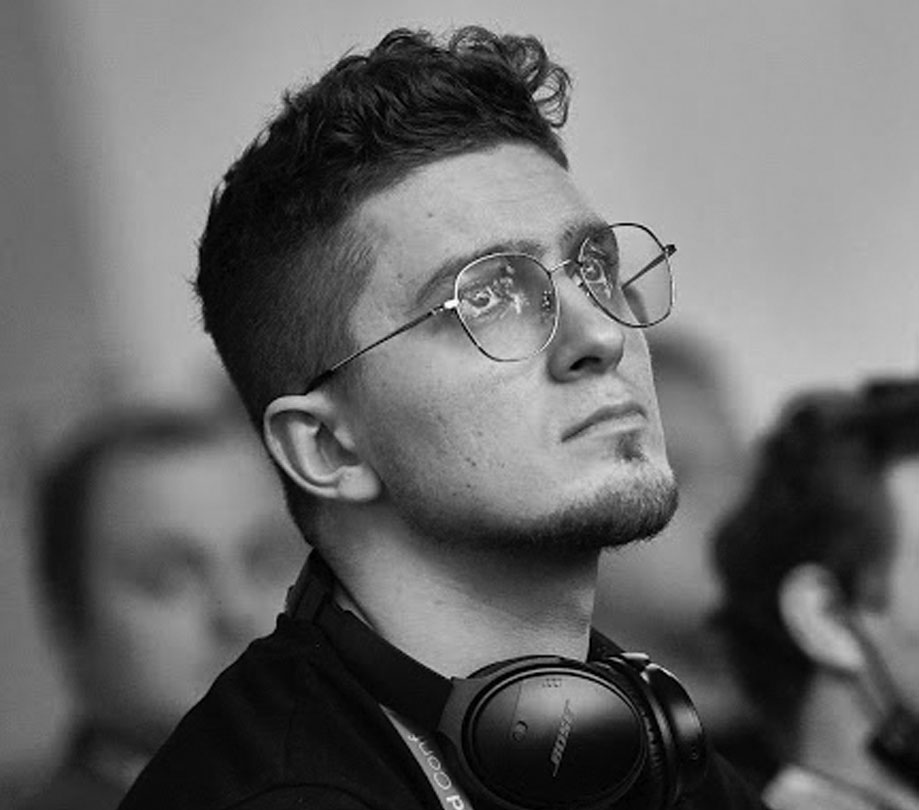While opposition parties hailed the result as a momentous breakthrough for a country struggling with deep poverty and inequality, the ANC remained the biggest party by some way.
John Steenhuisen’s Democratic Alliance (DA) party – the main opposition party – was on around 21 per cent of the vote. The new MK Party of former president Jacob Zuma, who has turned against the ANC he once led, was third with just over 14 per cent of the vote in the first election it has contested. The Economic Freedom Fighters was in fourth with just over 9 per cent.
Independent Electoral Commission chief electoral officer Sy Mamabolo speaks to the media in Johannesburg.Credit: AP
More than 50 parties contested the election, many of them with tiny shares of the vote, but the DA and MK appeared to be the most obvious for the ANC to approach for coalition talks. Which coalition the ANC pursues is the urgent focus now, given parliament needs to sit and elect a president within 14 days of the final election results being declared.
Steenhuisen has said his centrist party was open to discussions. The MK Party said one of their conditions for any agreement was that Ramaphosa is removed as ANC leader and president. That underlined the fierce political battle between Zuma, who resigned as South African president under a cloud of corruption allegations in 2018, and Ramaphosa, who replaced him.
“We are willing to negotiate with the ANC, but not the ANC of Cyril Ramaphosa,” MK Party spokesperson Nhlamulo Ndlela said.
MK and the far-left Economic Freedom Fighters have called for parts of the economy to be nationalised. The DA is viewed as a business-friendly party and analysts say an ANC-DA coalition would be more welcomed by foreign investors, although there are questions over whether it is politically viable considering the DA has been the most critical opposition party for years.
An ANC-DA coalition “would be a marriage of two drunk people in Las Vegas. It will never work,” Gayton McKenzie, the leader of the smaller Patriotic Alliance party, told South African media.
Despite the uncertainty, South African opposition parties were hailing the new political picture as a much-needed change for the country of 62 million, which is Africa’s most developed but also one of the most unequal in the world.
South Africa has widespread poverty and extremely high levels of unemployment and the ANC has struggled to raise the standard of living for millions. The official unemployment rate is 32 per cent, one of the highest in the world, and poverty disproportionately affects black people, who make up 80 per cent of the population and have been core ANC supporters for years.
The ANC has also been blamed — and now punished by voters — for a failure in basic government services that impacts millions and leaves many without water, electricity or proper housing.
Nearly 28 million South Africans were registered to vote and turnout was expected to be around 60 per cent, according to figures from the independent electoral commission.
AP, Bloomberg
Get a note directly from our foreign correspondents on what’s making headlines around the world. Sign up for the weekly What in the World newsletter here.





















Discussion about this post